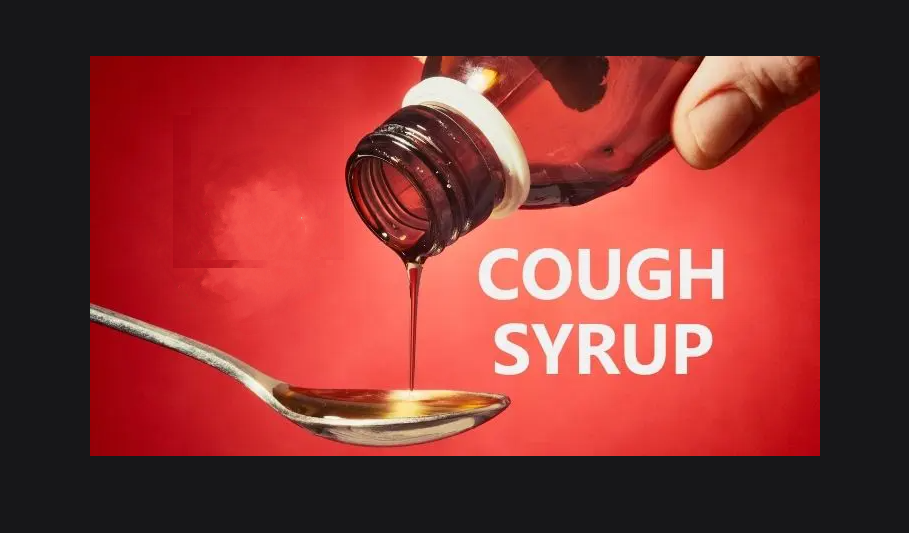A pharma industry veteran said that the government may consider making glycol testing compulsory for all manufacturers of syrups and solvents
Mumbai, NFAPost: After reports of contamination in cough syrups sent from the country, India is considering a system to test them before exporting.
It is learnt that the Central Drugs Standard Control Organisation (CDSCO) has sent a proposal to the Union health ministry on this. The idea is to test the medicines at government labs before exporting, Business Standard reported.
No decision on the matter has yet been taken, said sources.
There are five Central Drugs Testing Laboratories under the CDSCO — in Kasauli, Kolkata, Hyderabad, Chennai, and Mumbai — and two regional drug testing laboratories — in Guwahati and Chandigarh.
Apart from this, the Indian Pharmacopoeia Commission Laboratory may also be used.
Industry sources said reports of labs accredited by the National Accreditation Board for Testing and Calibration Laboratories (NABL) may be considered a valid certificate of analysis (CoA) by manufacturers and exporters.
There are over 2,300 medical-testing laboratories accredited by the NABL as of January last year.
A pharma industry veteran said the government might consider making glycol testing compulsory for all manufacturers of syrups and solvents.
“Right now the Indian Pharmacopoeia does not require a mandatory glycol testing certificate. CoAs are provided by the manufacturing entity. Making the glycol test part of the other mandatory tests required for a CoA will eliminate the root of the problem of contamination,” the person said.
At present, the manufacturer of a pharmaceutical product obtains a certificate of pharmaceutical product (CoPP) from the state Food and Drug Administration.
A CoPP is given after due inspection, and manufacturers are supposed to submit CoAs with their consignments, whether they are for domestic market consumption or export.
Another industry source said India exported to 200 countries, and it would be impossible to test every batch of cough syrup before sending out.
“Countries like Nigeria have their own testing facilities in the countries of origin of consignment. European countries test them at the point of entry and the US do tests randomly at the port of entry. The Indian government agency has so far not been involved in testing export batches. This can be time-consuming if done only at government labs,” the person said.
The move comes at a time when cough syrups and eye-drops from India have come under fire from several countries including the Gambia and Uzbekistan. These incidents have harmed the image of India as an exporter of drugs to the globe, the industry said.
The Centre is thus contemplating measures to curb medicines of compromised quality entering the global supply chain, the person said.
The UP drug controller has cancelled the manufacturing licence of Marion Biotech, whose cough syrup Dok-1 was linked to the deaths of 18 children in Uzbekistan.
The Pharmaceutical Exports Promotion Council (Pharmexcil) has suspended memberships of Marion Biotech and Maiden Pharmaceuticals, making them ineligible for incentives under the Market Access Initiative Scheme.





